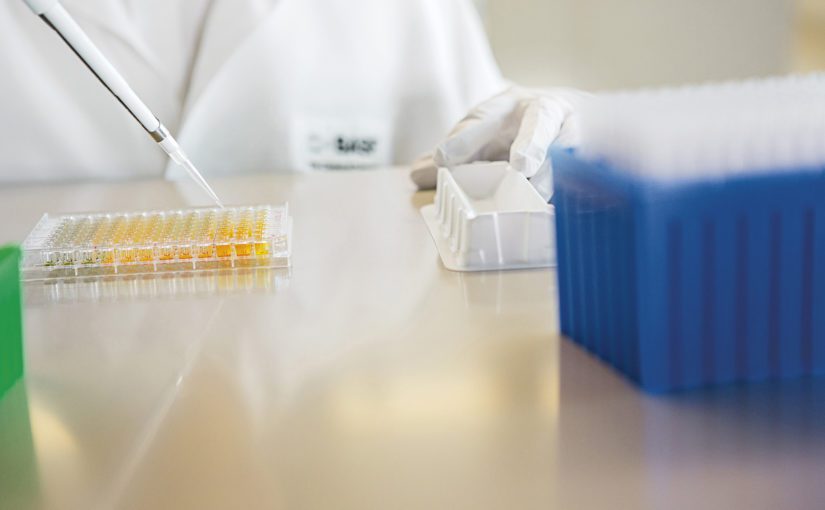Oct 25, 2018BASF licenses CRISPR-Cpf1 genome editing technology
BASF has attained a global, non-exclusive licensing agreement with the Broad Institute of MIT and Harvard for the use of CRISPR-Cpf1 genome editing technology to improve products in agricultural and industrial microbiology applications.
CRISPR-Cpf1 has demonstrated distinct advantages for certain applications over CRISPR-Cas9, which BASF has previously licensed from the Broad Institute. By adding CRISPR-Cpf1 to its portfolio, BASF has the flexibility to choose the right tool for specific applications. Access to both technologies will also help to accelerate the development of new agricultural and industrial microbiology products.


“Genome editing tools represent the next step in molecular biology innovation,” said Peter Eckes, President of BASF Bioscience Research. “The addition of CRISPR-Cpf1 greatly expands our technological capabilities in modern agriculture and industrial solutions and we are eager to see how these technologies will improve multiple products in theseareas.”
“This technology represents a transformative application of genome editing for the research community,” said Issi Rozen, Chief Business Officer of the Broad Institute. “CRISPR-Cpf1 can directly benefit advanced research across many industries including human health and agriculture. We are proud to partner with stakeholders throughout the biomedical and agriculture community to help deliver responsible solutions for our planet.”
BASF Corp., headquartered in Florham Park, New Jersey, is the North American affiliate of BASF SE, Ludwigshafen, Germany.
Photo at top: BASF technicians in a white biotechnology research lab in Germany are working with microorganisms to produce enzymes.















